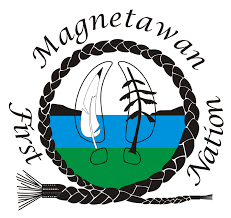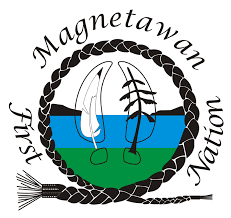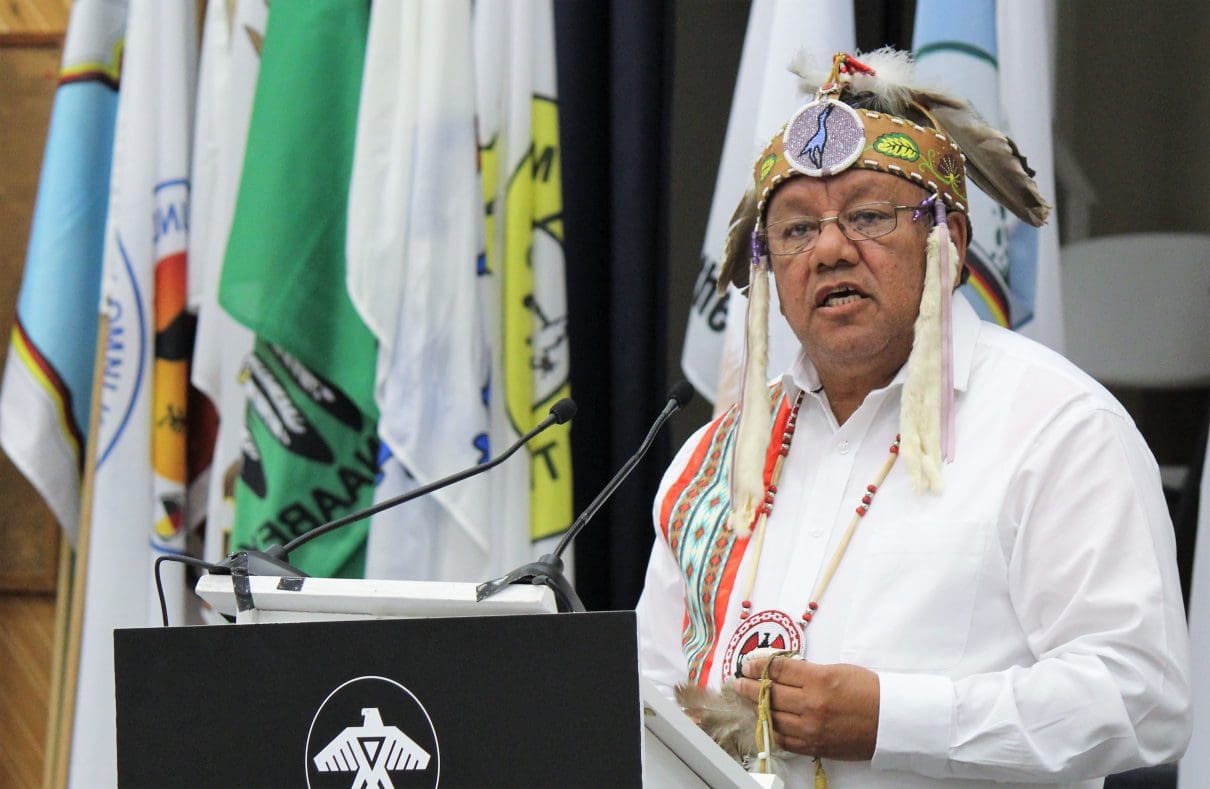The Great Lakes are a treasured resource that are integral to the health and well-being of millions of Canadians. Canada and Ontario are committed to strong, ongoing collaboration with their partners to protect and restore the Great Lakes.
Today, the Governments of Canada and Ontario announced that they have signed the new Canada-Ontario Agreement on Great Lakes Water Quality and Ecosystem Health, which sets out specific actions each government will take to protect and restore the Great Lakes, such as preventing toxic and nuisance algae, improving wastewater and stormwater management, reducing plastic pollution and excess road salt, restoring native species and habitats, and increasing resilience to climate change.
This is the ninth agreement between the two governments and marks the 50th anniversary of the signing of the first Canada-Ontario Agreement in 1971. The agreement includes a renewed commitment to completing environmental clean-up actions with an emphasis on six historically degraded areas, conserving key habitats around the Great Lakes, and continuing to restore Lake Erie. It also includes a new focus on protecting Lake Ontario, supporting nature-based recreation opportunities, and strengthening First Nation and Métis engagement in the implementation of the agreement.
The Great Lakes have responded well to past protection efforts. Ontario and Canada’s commitments in the agreement recognize the importance of collective action and continuing to strengthen our work to protect and restore the Great Lakes.
Quotes
“The Great Lakes are an invaluable resource to millions of Canadians, holding more than a fifth of the world’s surface freshwater. Today’s new agreement, which marks 50 years of Canada-Ontario Agreements on the Great Lakes, is an important step toward creating a cleaner, healthier future. I am pleased to see this critical commitment between our two governments to continue protecting and restoring the Great Lakes for future generations.”
– The Honourable Jonathan Wilkinson, Minister of Environment and Climate Change
“Canada and Ontario have a long history of working together to protect and restore the Great Lakes and we’ve seen tremendous improvements in these vital waterways. The health of the Great Lakes is important not only to our natural environment, but also to the local economies and communities that depend on them every day. We look forward to continuing to work with all of our partners to safeguard the world’s largest freshwater lake system now, and for generations to come.”
– The Honourable Jeff Yurek, Ontario Minister of the Environment, Conservation and Parks
“The previous Canada-Ontario Agreement allowed my ministry to undertake important work, such as restoring over 2,400 hectares of habitat and rehabilitating almost 32 km of tributaries in the Great Lakes basin ecosystem. With this new agreement, my ministry is committed to the prevention and management of aquatic invasive species and conserving our native species and habitats. I’m proud of the work that has already been done and am looking forward to seeing what we can achieve together under this new agreement.”
– The Honourable John Yakabuski, Ontario Minister of Natural Resources and Forestry “Improving the water quality for the Great Lakes is an important piece of our government’s environmental plan. As a critical shared resource, protecting them is also a shared responsibility. That’s why Ontario supports sustainable farming practices that build soil health, enhance water quality, and develop resiliency to a changing climate.”
– The Honourable Ernie Hardeman, Ontario Minister of Agriculture, Food and Rural Affairs
The Anishinabek Nation and Iroquois Caucus Alliance on Radioactive Waste have grave concerns that the Nuclear Waste Management Organization (NWMO) will develop self-serving policies which will potentially impact the safety and health of all occupants of this land.
On this Earth Day and Great Lakes Day, the Anishinabek Nation and Iroquois Caucus Alliance on Radioactive Waste are looking to the public for assistance in carrying forward their message as they call for protection of our Great Lakes Basin and Mother Earth in order to bring healing and restoration.
“Much like Mother Earth, the Great Lakes face many issues that include pollution and invasive species, demonstrating why a dedicated day is an added necessity to raise awareness and encourage all inhabitants of this land to take care of them in order to bring healing to Mother Earth,” says Anishinabek Nation Grand Council Chief Glen Hare. “We need to protect our water bodies from anything that can harm them, and that includes toxic pollution such as nuclear waste. We have made our objections to putting the nuclear industry in charge of Canada’s Radioactive Strategy and believe that Canada should have an independent agency in place whose only concern is the environment and its inhabitants and not if the nuclear waste industry has any future or not.”
Read the full news release here:
“As First Nations people, we have a sacred responsibility to our lands and waters and call on all levels of governments to invest in renewable power generation and storage solutions alongside efficient energy transmission and distribution be utilized in place of nuclear energy,” says Ontario Regional Chief RoseAnne Archibald. “Indigenous Peoples around the world are consistently sounding the alarm that water needs to be protected and we as First Nations people have a sacred relationship with water. Storing nuclear waste close to our water sources is not an acceptable option. We use days such as Great Lakes Day and Earth Day to raise awareness and encourage everyday Canadians to learn and join us in our calls to protect Mother Earth for future generations.”



